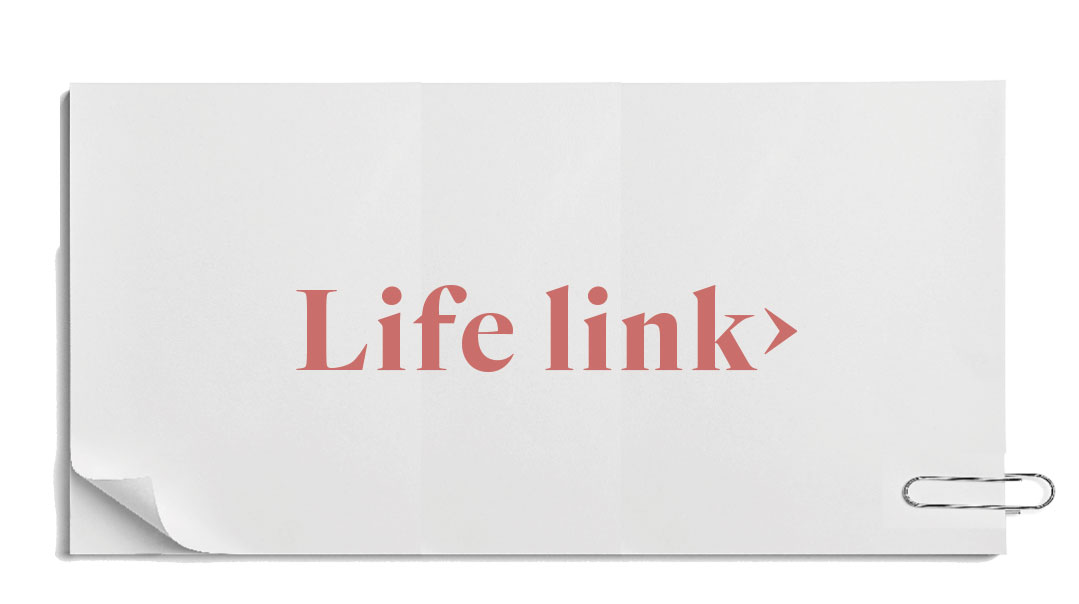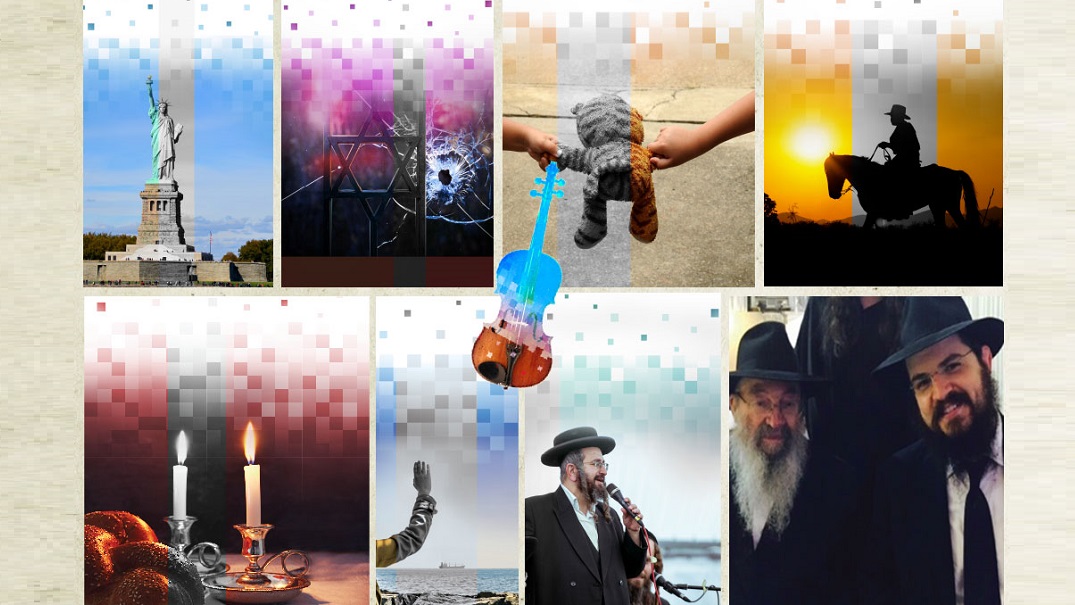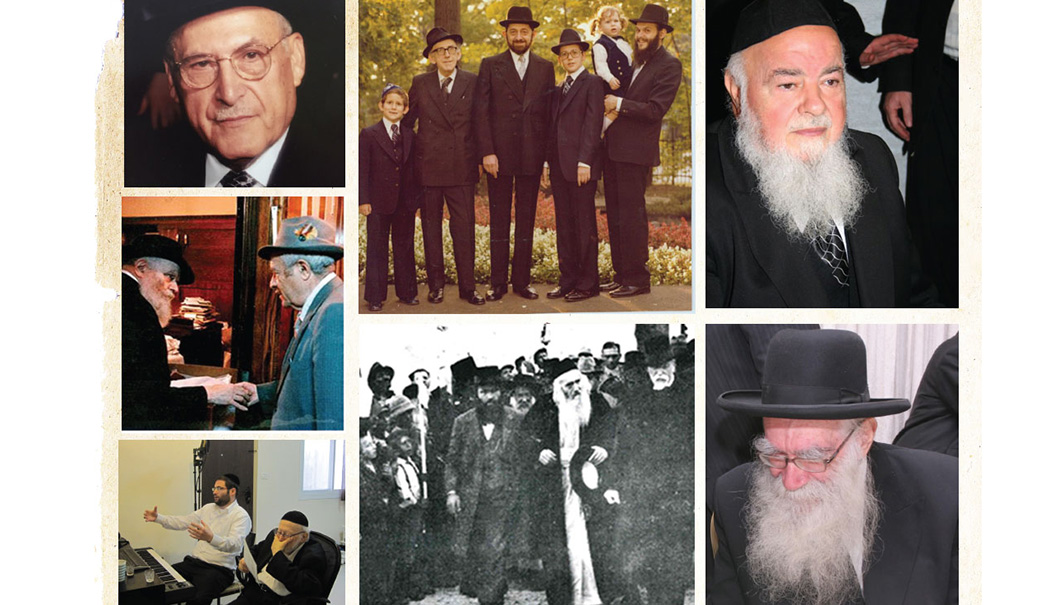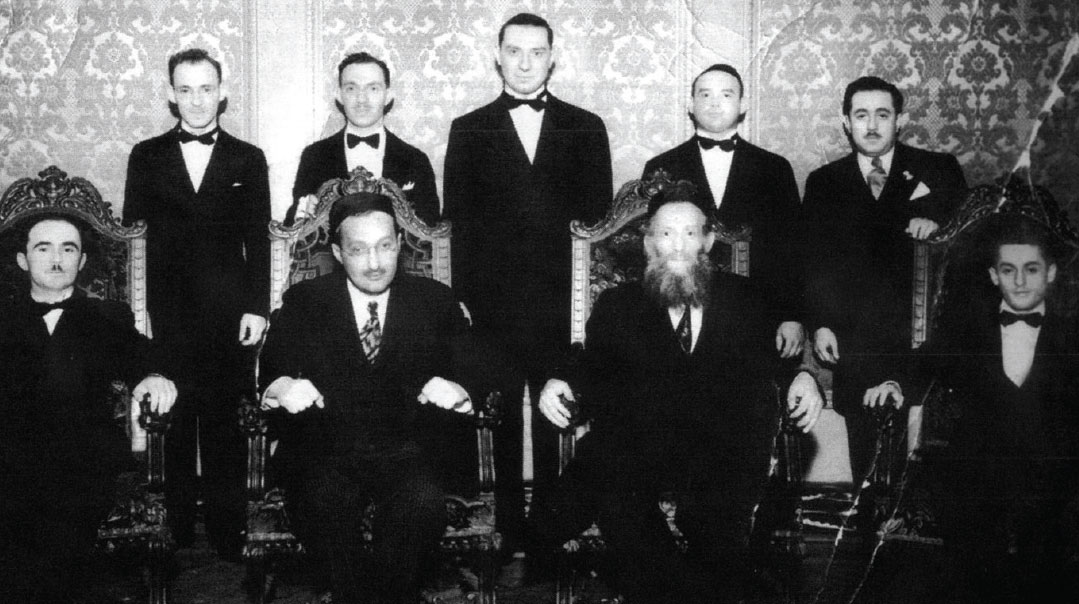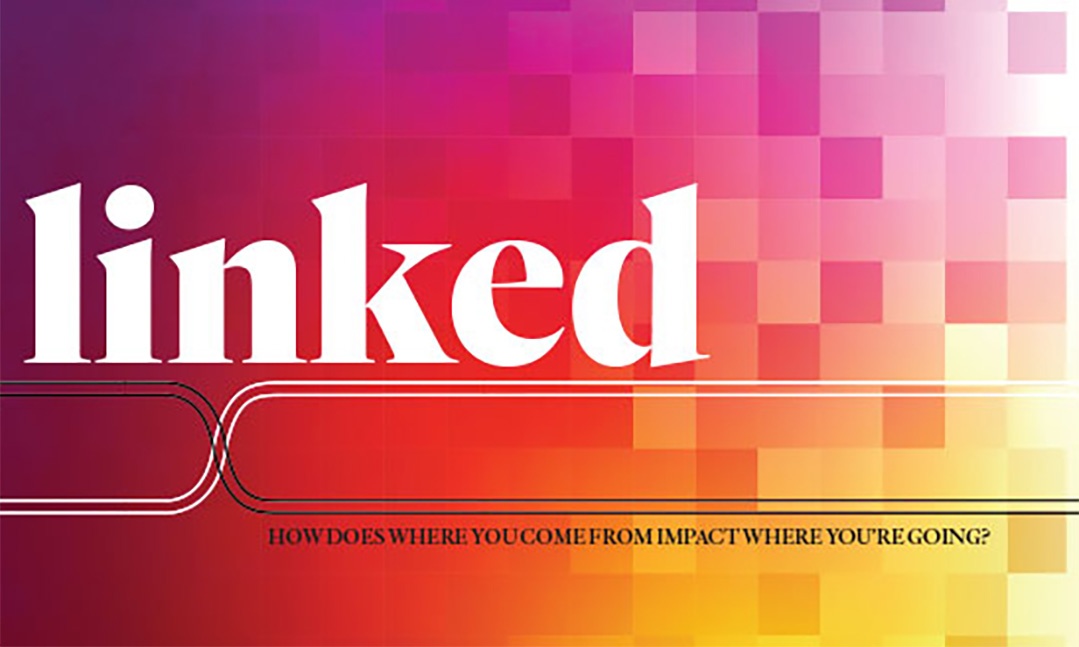Forging a Chain

They’ve forged their paths and molded a chain that connects them to children and grandchildren who keep paying it forward. As bearers of family legacies who illuminate the journey ahead, how do they view this new generation of seekers?
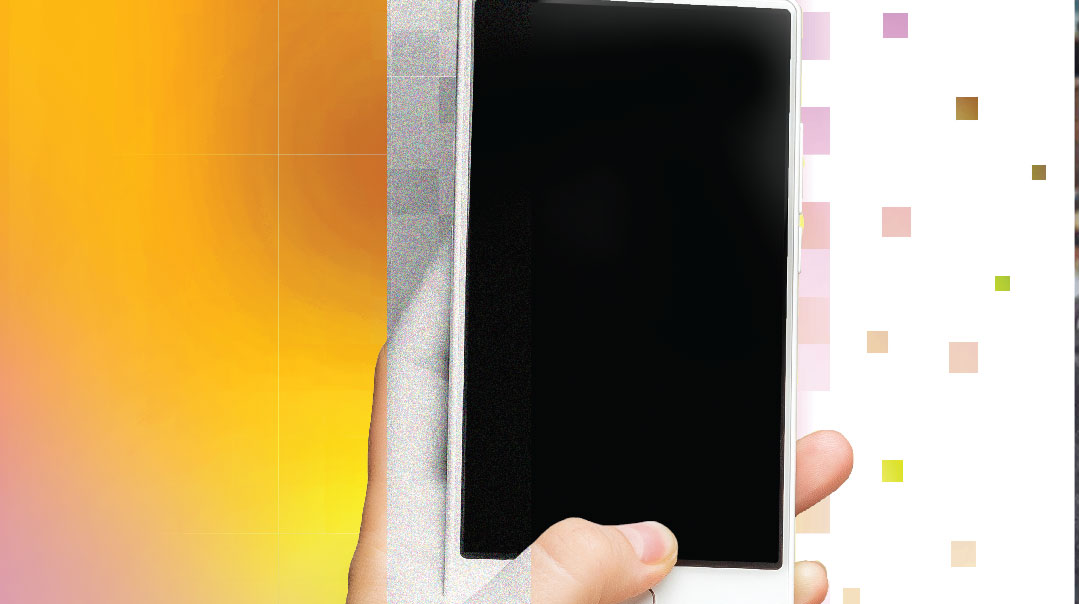
Rebbetzin Estelle (Samber) Feldman is a graduate of Shulamith School and of the Fashion Institute of Technology, and founding teacher of the Atlanta Hebrew Academy and Yeshiva High School. She was the rebbetzin in Atlanta for forty years, and currently lives in Israel.
Rabbi Aryeh Zev Ginzberg has been a community rav for more then three decades and is currently the rav of the Chofetz Chaim Torah Center in Cedarhurst. He is a prolific writer, author, and lecturer.
Rebbetzin Tziporah Heller is an outstanding scholar and lecturer of Jewish studies. She has been a full-time faculty member of Neve Yerushalayim College in Jerusalem since 1980 and is particularly well known for her courses devoted to the role of women in Judaism.
Rabbi Avrohom Katz, rabbi, author, lecturer, and educator, was born in Leeds, UK, studied and obtained semichah in Gateshead Yeshivah, and served as rav of Pinner, near London. After teaching in Gateshead “Old Sem” for ten years, he opened Gateshead “New Seminary,” Beis Chaya Rochel, 22 years ago.
Rebbetzin Shoshana Perr is the wife of Rabbi Yechiel Perr, rosh yeshivah of Yeshiva of Far Rockaway. She is the longtime program director at Camp Bnos, has practiced family and adolescent therapy for over three decades, and supervises social workers at Counter Force.
Rabbi Shimon Russell L.C.S.W is a noted psychotherapist, speaker and mechanech, formerly of Lakewood, presently living in Israel.
Dr. Meir Wikler is a psychotherapist and family counselor in full-time private practice, with offices in Brooklyn and Lakewood.
Besides the obvious explosion of technology, what challenges face the younger generation today that you can’t fathom having dealt with?
Rebbetzin Heller:
Technology is the symptom. The challenge of the younger generation is that they have no battle to fight. They don’t have to fight the Haskalah, they don’t have to fight to keep Shabbos, and they (generally) don’t have to fight their parents about learning in kollel versus earning a living. Some are involved in the “fight” of kiruv or the striving for excellence in Torah learning, but others feel an emptiness. The battle for self-protection against failing morals is so subtle that they find it hard to connect to. Technology and social media are an escape from the emptiness — if life is full and purposeful, there’s no need for an escape.
Rabbi Avrohom Katz:
You say “besides technology.” But it has to be technology. The challenge of remaining pure while surrounded by a Niagara-force torrent of tumah at the touch of a button is indescribably immense.
I feel that the strength our youngsters demonstrate by overcoming that torrent will help us deserve the coming of Mashiach. Technology and impurity today are equivalent to the nisayon of avodah zarah in its time; everyone is running after them. Any other challenge simply pales beside the lure of prohibited technology. There are other nisyonos, including a diminished ability to think and contemplate, a lack of quality time with family, diminished concentration on davening and learning, but they are offshoots, spawned by this central challenge.
Rebbetzin Shoshana Perr:
I think the existence of so much more gashmiyus is a real challenge. Matching outfits, fancy baby carriages, and extravagant homes have become so widespread, even for people in kollel. Then there is the fancy way in which people make Yom Tov, with over-the-top table settings, so that it feels almost like a show. The younger generation lives in a very materialistic world, and it is so hard not to be caught up in competition, and not to lose focus on the essence of our lives.
Also, I think that when my generation grew up, people in general felt more connected to the Eibeshter. We have great schools and seminaries today, yet it is still much more difficult to actually feel the connection. Could it be the gashmiyus that erects a wall against the longing to connect to Hashem? I don’t know.
Rebbetzin Feldman:
Thanks to technological development, the younger generation is very knowledgeable and sophisticated. The downside is that they are not maintaining one-to-one social contact with other individuals as human beings. There is a mob mentality out there, and a very different set of values, which challenge our traditional values and affect the development of our youth. The chareidi youngsters who are protected from these attitudes live in a parallel universe, with lives, values, and attitudes not dictated by social media — although obviously there is no total protection and something does seep in. I think that we have a very stark chasm between different streams of Orthodox Jewish youth today, and we face a great struggle against the current, but ultimately, I’m optimistic. Truth will prevail.
Rabbi Aryeh Z. Ginzberg:
The challenge of technology is so real and so dangerous, particularly the exposure it offers our youth to every bad influence in the world. Rav Mattisyahu Salomon told me once that he thanks Hashem that he was not born into the era of this nisayon. But there is something else, something that’s become vividly clear to me after 20 years of dealing with couples who are struggling with shalom bayis issues.
My generation grew up watching our parents struggle to put food on the table and provide for their children what they — who grew up during the war or in its aftermath — did not have. We appreciated the sacrifices that they made for us, and while our lives are so much easier than theirs, we understand and value struggle as part of life.
Our children, baruch Hashem, for the most part, never saw the struggle and challenges that we had seen, and as a result, they have great difficulty in facing any challenges that arise.
It’s not just that there so many more divorces today than in previous generations, it’s that very often (although not always) the issues that the couple are facing would never have been issues in earlier generations. Today, couples expect life to be beautiful. When couples encounter difficulties and struggles, they have never seen them before. And all too often, they’re just incapable of dealing with them.
Dr. Meir Wikler:
If we leave aside technology, with the potential risks of enormous destruction held in our children’s hands, I would say that one of the greatest struggles of today is the challenge of carving out an individual identity. All young people, in every generation, yearn to feel special. Achieving that sense of uniqueness is much harder today than it was when I was younger. In those bygone days, parallel classes were the exception rather than the rule. And communities were much smaller. As a result, there was just one outstanding talmid chacham, one qualified baal korei, one talented musician, one superstar athlete and, yes, only one class clown. It was much easier for young people to stand out and for their individual strengths and assets to shine. Today, along with the blessing of the exponential growth of our communities and schools comes the greater challenge for young people to find their niche among their peers and establish their unique personal identity.
Rabbi Shimon Russell:
The Internet and exposure to immorality has to be number one, and yes, it’s something we could not have dreamed of years ago. Another among the many challenges contemporary teens and young adults face today is their difficulty contending with an adult population — parents and mechanchim — who for the most part still expect them to have the “deference to elders” that they themselves had growing up. The world has changed so much, politically and technologically, and one result has been to equalize the status of children and adults. It’s a tremendous challenge for teens who feel that they are more “with the program,” more technologically advanced than the adults around them, to have the respect for those adults that is expected of them. The “rise of chutzpah” that Chazal predicted is becoming a prevailing reality that challenges our entire society and mesorah.
*************
What do you admire about today’s parents?
Rabbi Russell:
It’s very impressive how much today’s parents seek help and guidance. When I speak about parenting or marriage, young parents come in droves and they are listening, open-minded. The same is true in my professional practice: Young people are coming to therapy today for prevention — to proactively set in place a good life for themselves, and not just to resolve a crisis. I deeply admire the young parents who are seeking help prior to their being in parenting crisis.
Rabbi Katz
I admire their tremendous mesirus nefesh in shouldering heavy financial burdens in order to give their children a wonderful chinuch.
Secondly, I admire the way young people today sacrifice for tzorchei tzibbur. Look at all the heroic Chaverim, Shomrim, and Hatzolah members who give up their days and nights. Fifty years ago, we didn’t have that.
Life has become less predictable and there are so many demands, at all hours. These young people — and their wives, of course — are so commendable. You hear people complain that there are no younger askanim, but I disagree. They are rising to the challenges and shouldering our people’s burdens. Just give them a chance.
Rabbi Ginzberg:
In a world that suffers from alienation of the youth, I have found that identifying with a certain group, with their minhagim and lifestyle, makes it easier to raise children. Particularly if you can raise them within an environment where others share the lifestyle and the challenges. Being attached to a solid community and living my life in identification with its ideals has helped me build connections with my children too.
Rabbi Aryeh Z. Ginzberg:
Today’s parents have had to create a new direction in chinuch. Chinuch is usually based on the way the parents themselves have been raised, and so it was for many generations. But today’s parents have to juggle a different reality, different struggles, and figure out their way forward. In a sense, they have to reinvent chinuch in applying age-old principles to their children.
Rebbetzin Heller:
Today’s parents take parenting seriously. They want to be good parents and learn the skills of good parenting, and they are willing both to take due care of their children and to partner with their children’s schools.
Dr. Wikler:
I think today’s parents are highly psychologically sophisticated. Years ago, most parents didn’t think much about their parenting. They just did whatever came naturally — repeated the chinuch they received when they were kids: if it was good enough for me, it’s good enough for them. In fact, 19 years ago, when I wrote my first book on parenting, it was initially rejected by a large publishing house, because “parenting books don’t sell.”
Today’s parents are aware that the way they treat children can have a profound impact on their development. They are conscious of their parenting and eager to learn.
*************
What’s the single thing that made you most connected to your family in the long term?
Rabbi Russell:
Spending the time to connect with them, especially in the younger years. (Although I must say my wife often did this on my behalf.) As they become adults, it’s making sure to keep your opinion to yourself unless they ask for it that creates profound connection. Because if you don’t proffer advice, they will usually seek your ideas and look to you for guidance.
Rabbi Ginzberg
In a world that suffers from alienation of the youth, I have found that identifying with a certain group, with their minhagim and lifestyle, makes it easier to raise children. Particularly if you can raise them within an environment where others share the lifestyle and the challenges. Being attached to a solid community and living my life in identification with its ideals has helped me build connections with my children too.
Dr. Wikler
Significant psychological research indicates that the single most significant difference between families who raise emotionally healthy children and those who don’t is whether the family shares a meal together on a regular basis. Families who eat together at least three times a week will have a lower incidence of emotional and psychological problems. In this research, it didn’t matter what they served, or what they spoke about, or whether they argued at the table. It was just the family’s cohesion that had the impact. Starting with the three Shabbos meals that we all share with our children, giving my family that experience is a special kind of “glue.”
Rebbetzin Leah Feldman:
My own parents. What they gave to me — the very strong Jewish traditional values, the financial sacrifice to raise us with Torah principles, the will to go against the tide — has inspired me and driven me to connect to my children and transmit our heritage to them.
Rabbi Avrohom Katz:
It’s very simple: loving them. Both by word and by deed. Tell your children that you love them and do all you can to show you do. Stretch yourself to help them financially even if you can’t really afford it. Never ever criticize your grown children or their husbands or wives. Don’t offer any advice unless asked. Just tell them they are great. This works: You will have a relationship.
Rebbetzin Shoshana Perr:
I think it’s always being involved and in touch with whatever they were going through in their lives. I fostered their independence, always encouraging them to think on their own and make decisions together with their spouses, but I was always there, always communicating, always offering unconditional love.
*************
What is the single thing that helped you connect most to your community?
Rabbi Russell:
I believe strongly in investing in relationships. Some people collect stamps, some coins etc. I like to collect friends. For 36 years, Lakewood was our community. We tried to be there for others. I’d go to their simchahs, even if it meant traveling for a while just to say mazel tov — that’s one way to invest in a relationship.
Dr. Wikler:
What has made me feel most connected to my community is my membership and participation in my shul. I’ve been a member of the Novominsker beis medrash for over 40 years, and have a kesher with the Rebbe shlita and with the other members. Davening and learning and shiurim as a group, and a connection with a rav are like an anchor. Without “belonging” to a particular shul, people can feel adrift, lost, and isolated — even if their area is heavily Jewishly populated.
Rabbi Avrohom Katz:
The community is “amcha” — your people. “Amcha” has the same letters as “imcha” — with you. In order to connect with “amcha,” you have to be “imcha.” Being there for people whenever possible, helping them whenever you can, connects a person to his Jewish community. If you do anything you can for our people, share and rejoice in their simchahs, you will be connected to them.
Rebbetzin Shoshana Perr:
For me, it has been partnering with my husband to become actively involved with the yeshiva and the yeshiva community, and making time for people.
Rabbi Ginzberg:
In my case, it’s been finding a community with whom I share much common interest and common hashkafah. Since we are on the same derech, our common goal connects us.
Rebbetzin Feldman:
I came to Atlanta from Boro Park as a 20-year-old bride. Boro Park, back in those days, was half Jewish and half Italian; my parents’ home was a little island of strength. But they had taught me openness, and that helped me connect. My husband and I were very religious, yet there were barely any Shabbos-observant families in the community we served. We had to firmly believe that we were living in the only right way, yet love these people, understand them, and connect to them. We had to be open and uncritical, accepting the people of our community no matter how they behaved, while always believing that there is hope, and that people change.
*************
What about your children makes you proud?
Rabbi Russell:
I’m proud that they try to live their lives with honesty, integrity, and conviction.
Dr. Wikler:
The positive regard that they earn wherever they go, and how well-respected and well-liked they each are.
Rabbi Avrohom Katz:
That they sing the same zemiros that I do… just joking. That they are all “me-urav im habriyos” — pleasant to people.
Rebbetzin Perr:
I’m proud of their great chesed and kibbud av v’eim, their simchas hachayim, their emunah and bitachon.
Rebbetzin Feldman:
They are all raising their children according to the values we hold dear. We feel that they may be exceeding us religiously and in their learning, and we are very happy to be exceeded by our children. I thank the Ribbono shel Olam for this privilege.
Rabbi Ginzberg
Like all young people today, they face enormous challenges on every front, and come through with flying colors.
*************
If you want your family to stand for one thing or have one legacy, what would it be?
Rabbi Ginzberg:
That they should live their lives not for themselves but for others, for Klal Yisrael. Everyone can become part of the tzibbur by finding out what they can do for the community. We need every person — no Jew can live for himself alone.
Rabbi Avrohom Katz:
I would want my children to make Torah their guide for every decision, every step. And in that way, they will always be on the derech hayashar.
Rabbi Russel:
To understand that everyone in the community, everyone in the entire world, has their own unique journey. Don’t judge anyone. Respect the uniqueness of other people’s journeys.
Rebbetzin Shoshana Perr:
Growth. Always trying to become bigger and better. I would want my children shteiging in learning, and growing in middos and character development.
Rabbi Aryeh Ginzberg:
That they should live their lives not for themselves but for others, for Klal Yisrael. Everyone can become part of the tzibbur by finding out what they can do for the community. We need every person — no Jew can live for himself alone.
Rebbetzin Feldman:
Carry on doing what we have tried to — learn what Hashem wants of us, and live the life He wants.
(Originally featured by Linked, Succos 5780)
Oops! We could not locate your form.






